Sustainability of Chemicals and Materials
The Sustainability of materials research group investigates the sustainability of materials over their entire life cycle. The mission of the team is to provide suitable methods, metrics, tools, and accurate sustainability assessments of materials to guide the transition from a fossil-based economy to a biobased economy and from a linear to a circular economy.
Research
Consistent and full sustainability assessments are needed to evaluate and enhance the sustainability performance of materials. It is important to address multiple sustainability issues at the same time over the full life cycle of a material, to avoid shifting (instead of improving) sustainability impacts. The multidisciplinary research team uses and advances environmental Life Cycle Assessment (LCA), LCA-derived methodologies and other quantitative approaches to investigate the environmental, economic and social impact of materials. The applied LCA methodologies include attributional and consequential LCA, Life Cycle Costing, Social LCA, and Life Cycle Sustainability Assessment.
The projects of the team focus on different parts of the materials value chain, from the resources and their supply chain, to the production of materials, different applications and end-of-life scenarios. The main areas of research are:
- Materials made from renewable resources: biobased materials
- Greener production routes for manufacturing of materials and chemical intermediates
- Sustainable materials applications
- Materials with improved end-of-life scenarios to prevent waste generation: circular materials
Projects
LCA @ Zuid-Limburg
LCA @ Zuid-Limburg is a regional initiative aimed at equipping the next generation of professionals with the skills and knowledge needed to make sustainability measurable and actionable.
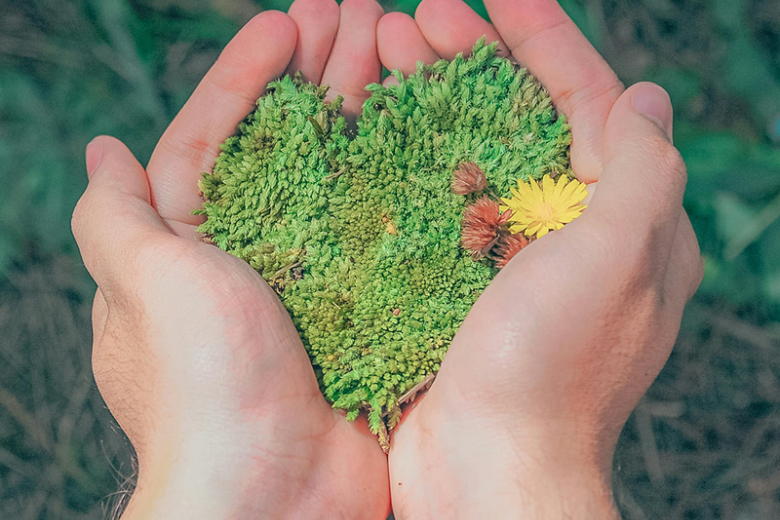
Life Cycle Assessment of Bio-based PET
Despite some environmental trade-offs, bio-based plastics offer significant potential to reduce the greenhouse gas emissions associated with conventional plastics.

Comprehensive Assessment of Maastricht University's Carbon Footprint
This project aims to assess and quantify Maastricht University's greenhouse gas emissions.
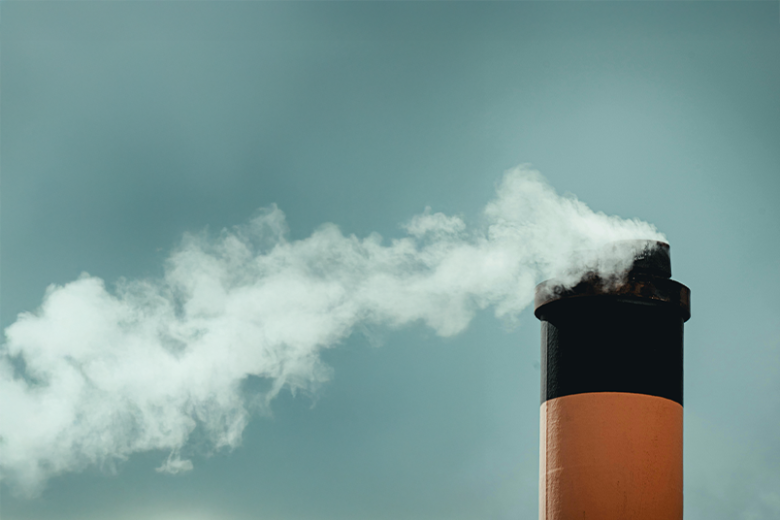
ULTRA-BIO
The ULTRA-BIO project aims to develop a uniform methodology for tracing and assessing the environmental impact of biobased products over their entire life cycle.

Repairtecture
The COMET module Repairtecture focuses on developing innovative simulation approaches, new materials, and design and connection concepts to create a circular economy for polymer-based products and composites that retain their function, properties, and attractiveness over a longer lifetime.
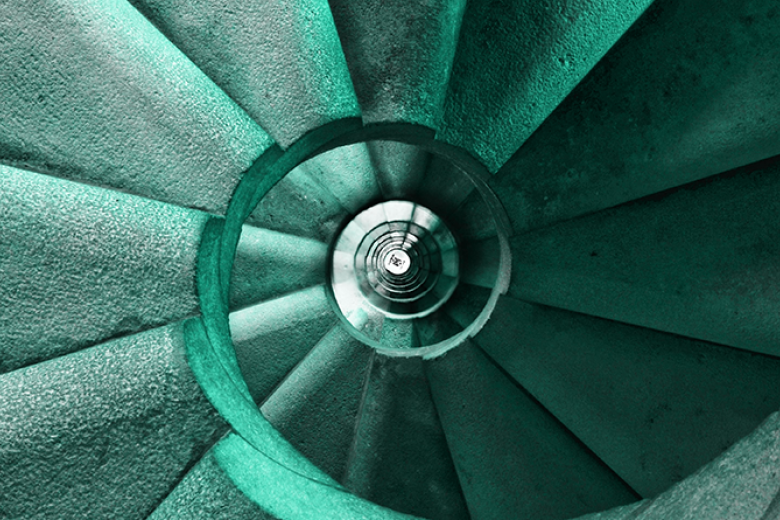
AsSuRe Bio
Development and life-cycle of Asphalt for more Sustainable urban pavements using Recycled and Bio-resources

DEEP
Digitalization of nonthermal Extraction of proteins from plant by-products and Electroforming as output Product
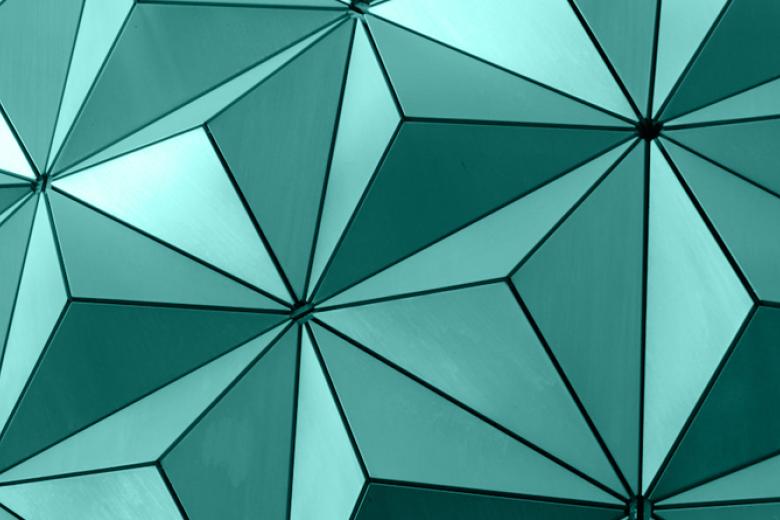
CAREFREE
Dutch healthcare accounts for 7-8% of the total national greenhouse gas emissions. In hospitals, at least 20% of this is related to the operating theatre. This includes waste, inhalation gases for anesthesia, energy for air refreshment, and medicine residues in wastewater.

Realise BIO
In the Realise-Bio project, experienced partners will provide decisive impulses for the realisation of a circular bioeconomy and circular economy in the Interreg programme area in order to make the Germany-Netherlands border region greener and more liveable and to address global regional challenges such as climate change.

Circular Cultivation and Chemistry
In this program, we try to realize new ways to generate income and improve value chains that contribute to a circular economy, sustainable production and consumption, and healthy food - focusing on mission-driven innovations
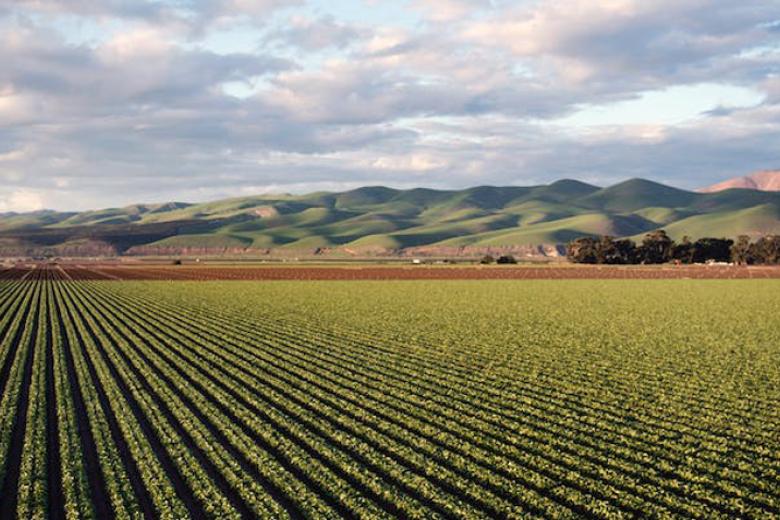
MOF2H2
Metal Organic Frameworks for Hydrogen Production by Photocatalytic Overall Water Splitting
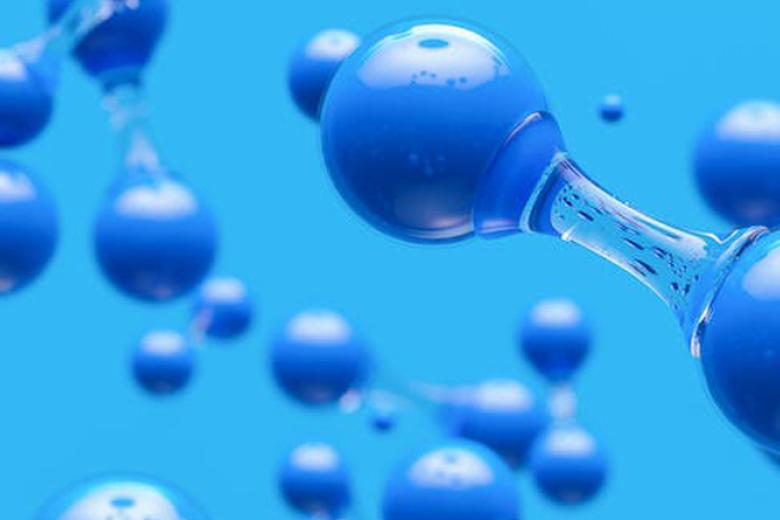
CARBIOW
CARBIOW project will help Europe to take the lead in energy and transport sector decarbonization.
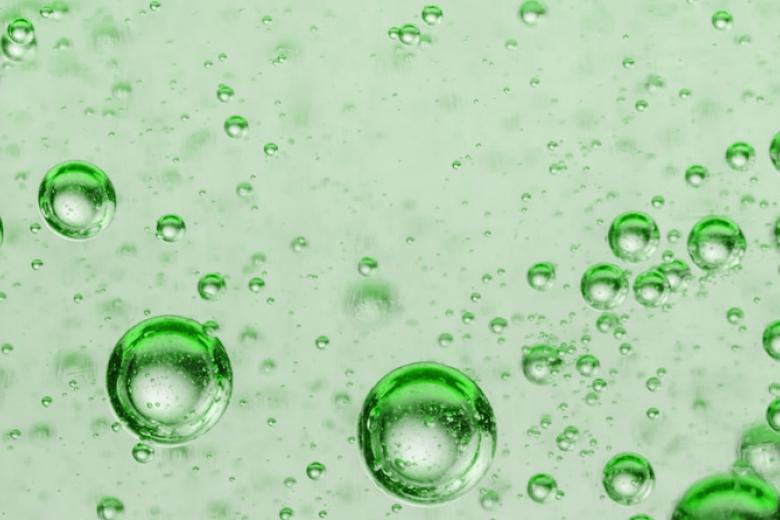
Sustainable citriculture through controlled release of antibacterial molecules from microgel-based formulations
The aim of this research project is the development of the bio-based and sustainable protection systems for citrus trees. Specifically, we will focus on the fabrication of stimuli-responsive microgels capable of strong binding to the leaves and controlled release of antibacterial molecules to combat citrus cancer.

BioBased ValueCircle
BioBased ValueCircle offers a unique interdisciplinary research and training environment tailored for 12 early stage researchers (PhDs) excited by the development of innovative bio-based products, respecting the principles of the circular economy.
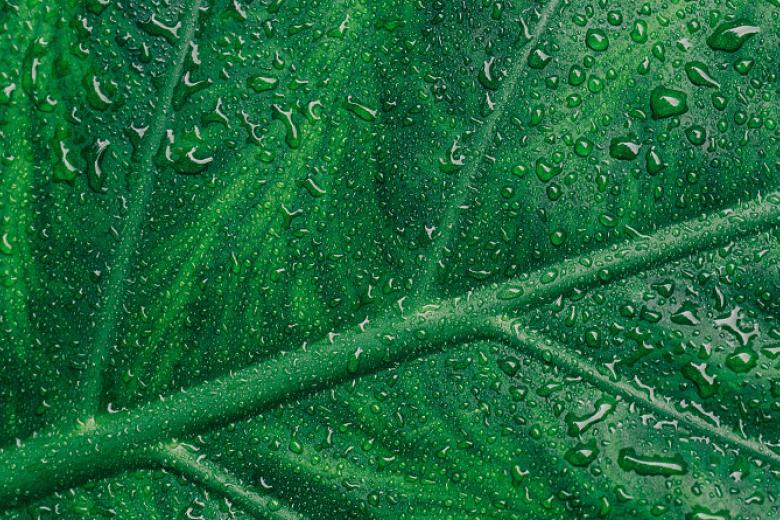
METHASOL
International cooperation for selective conversion of CO2 into METHAnol under SOLar light (METHASOL)
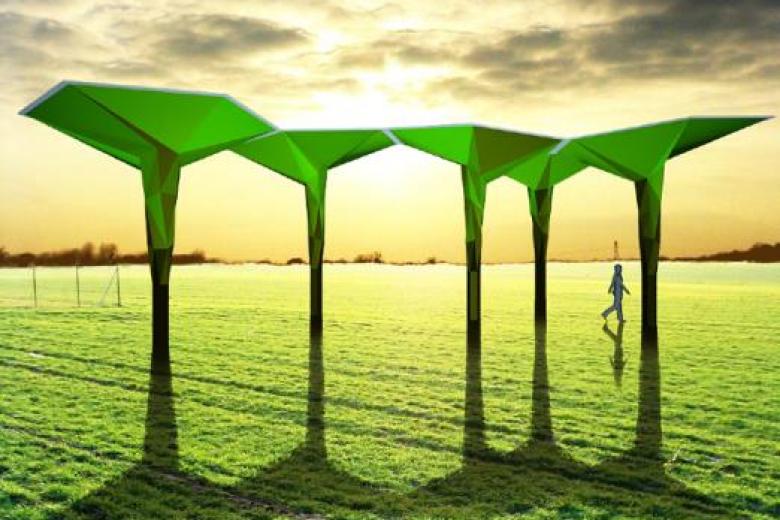
Sustainability of biobased materials in a circular economy
As awareness, research and funding on biobased materials have increased significantly over the recent years, questions on how these innovative materials can help to close the material loops and address environmental issues have become more important than ever.
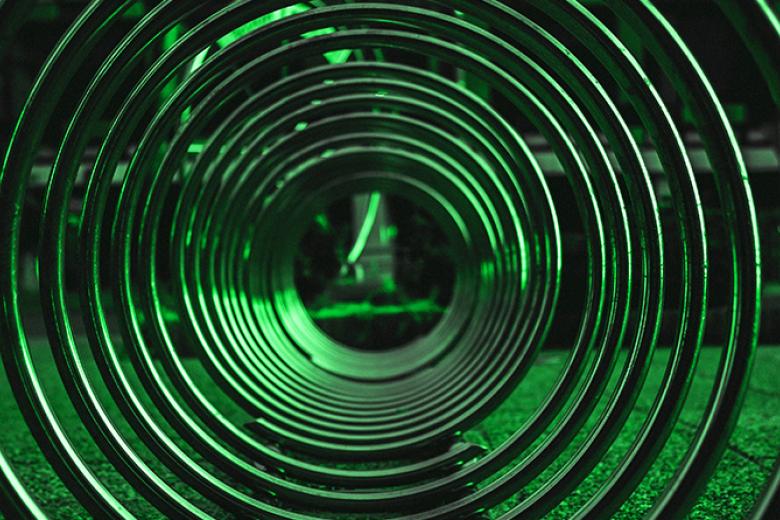
Life Cycle Assessment (LCA)
Life Cycle Assessment (LCA) is a versatile technique to quantify environmental impacts and compare different products and technologies.
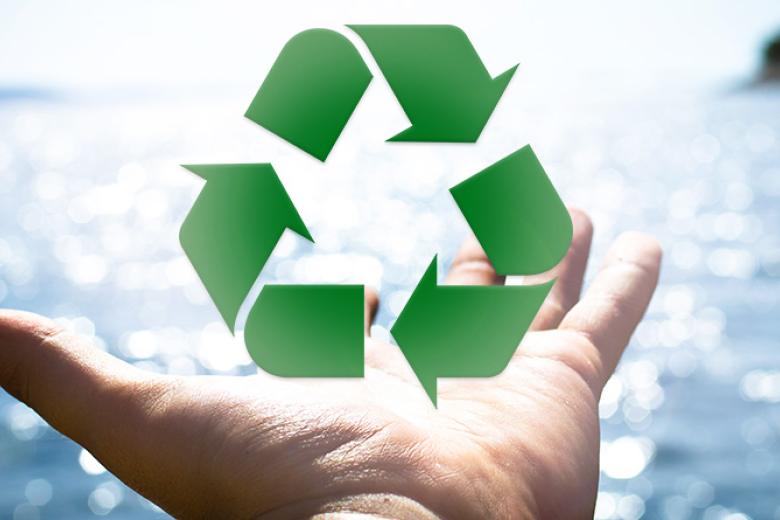
Materials for a Sustainable Society
Head of the Sustainability of biobased materials-group Associate. prof. Yvonne van der Meer tells about materials for a sustainable society.
Sustainable? green? eco-friendly? Do you also care about the environment and like to learn how to determine if a product/process/service is sustainable? Join our Chemelot InSciTe LCA course next year to find out more!